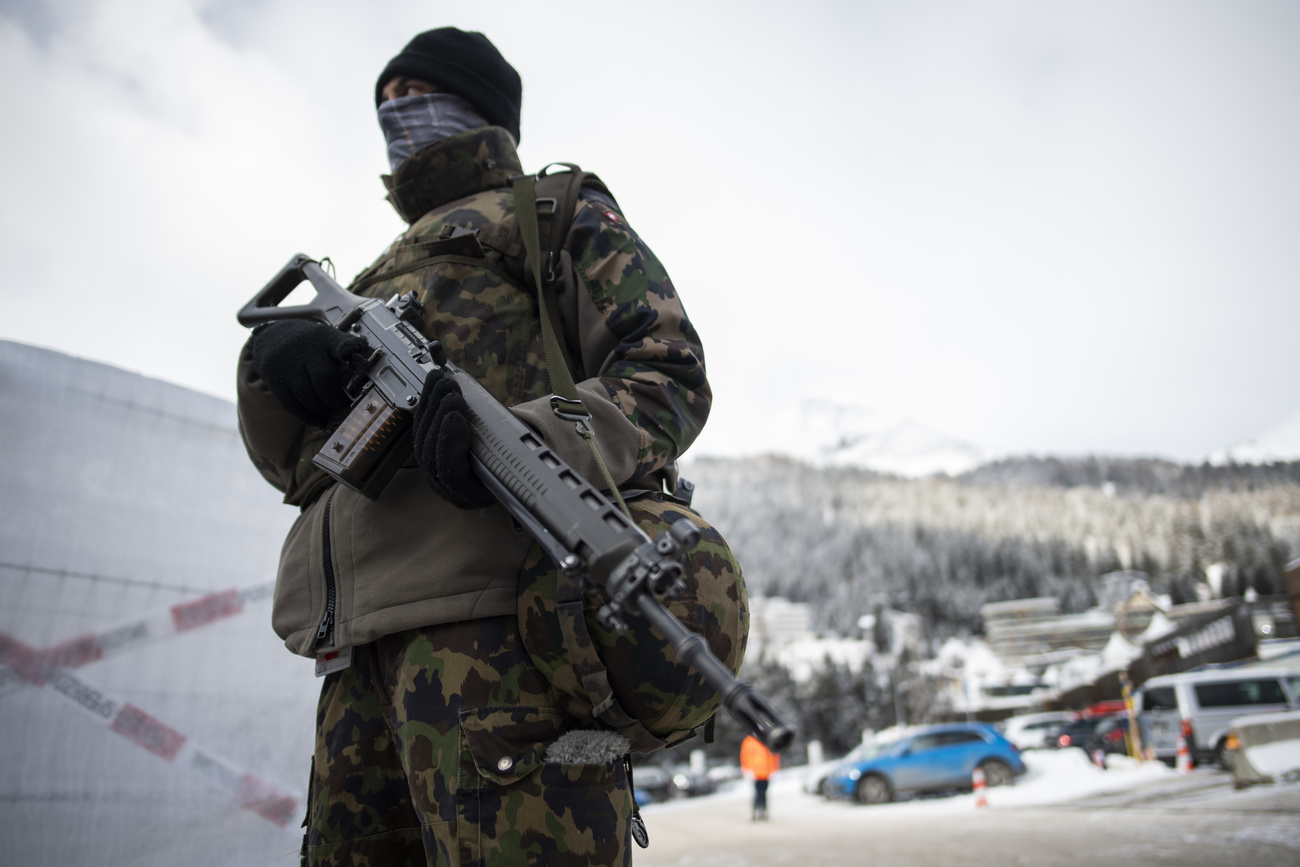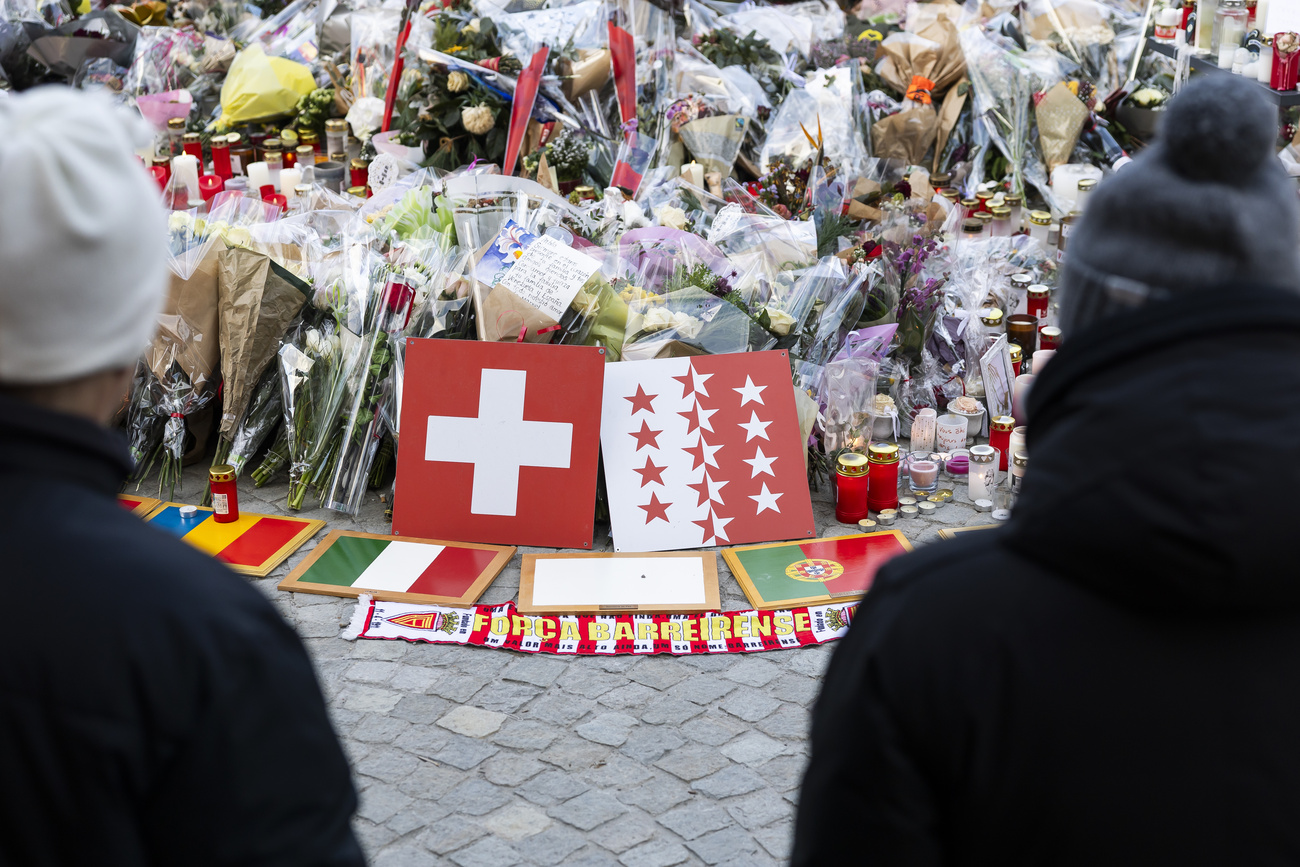
Anti-vax Swiss special forces soldiers ‘lawfully dismissed’

Four Swiss special forces soldiers have lost a court case for unfair dismissal after they were ejected from the elite military unit for refusing Covid-19 vaccinations.
In a verdict made public on Friday, the Federal Administrative Court ruled that the army was justified in insisting on jabs and that there was no other way to ensure the soldiers remained fit for service.
Neutral Switzerland operates a militia civilian army but also retains a core number of professional soldiers, including a special forces unit. These commandos undertake special operations, such as extracting diplomats from danger zones.
In August last year, special forces were deployed to ensure the safe return of Swiss embassy staff from Kabul, Afghanistan.
The court ruled that there is sufficient legal basis to demand the vaccination of key military personnel, including a provision in the Epidemics Act.
Compulsory vaccinations were necessary to ensure that the soldiers remained fit to carry out active service abroad at short notice, the court said.
Judges also rejected arguments that vaccines might lead to adverse health side-effects and that testing alone provided an adequate defence against coronavirus.
The four soldiers were therefore in breach of contract for refusing vaccinations, the court concluded.
The complainants have the option of appealing the verdict to the Supreme Court.

In compliance with the JTI standards
More: SWI swissinfo.ch certified by the Journalism Trust Initiative






























You can find an overview of ongoing debates with our journalists here . Please join us!
If you want to start a conversation about a topic raised in this article or want to report factual errors, email us at english@swissinfo.ch.